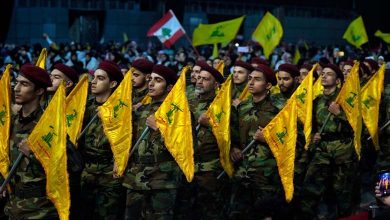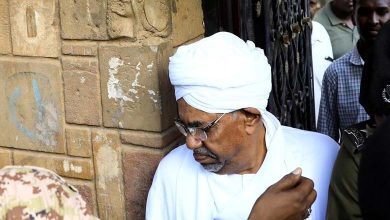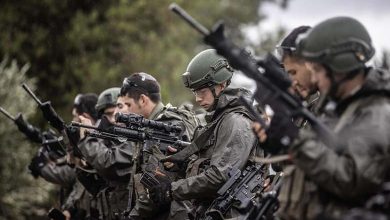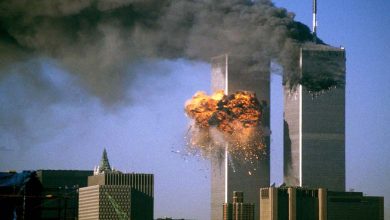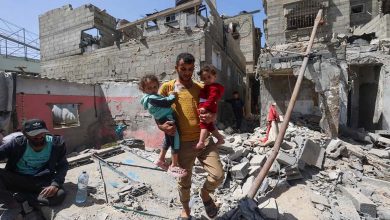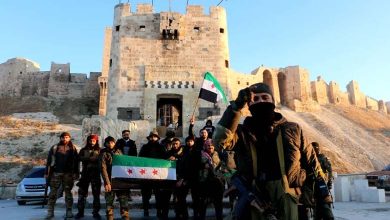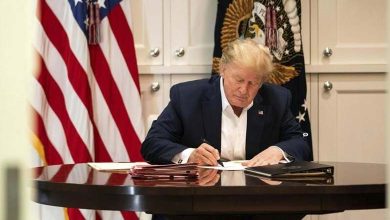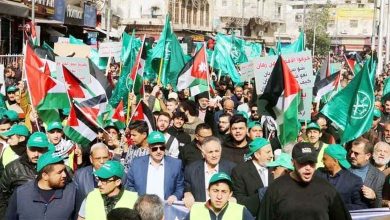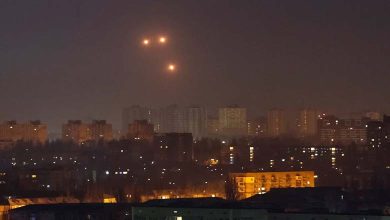The escalating calls for arming… Brotherhood plans to replicate “Popular Mobilization” in Sudan
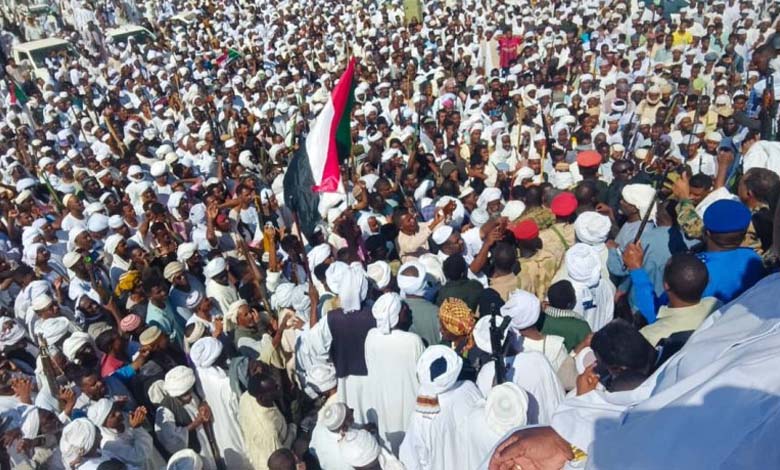
Fears are growing in Sudan of dragging the country into the abyss with the increasing calls for arming the so-called “Popular Resistance”, amid affirmations that “such Brotherhood plans to replicate foreign experiences will not resolve the conflict but will exacerbate it and create parallel military entities”.
According to experts and observers, intensifying the arming of Sudanese people outside the armed forces led by Abdul Fattah al-Burhan or even the Rapid Support Forces led by Mohamed Hamdan Dagalo “Hemedti” poses many risks, which could “push Sudan into a point of no return”, citing the situation in Iraq after the formation of the “Popular Mobilization”.
These observers believe that “Iran and the international Muslim Brotherhood organization are looming in this plan, which aims to create militias that will not only affect Sudan’s future but also that of many countries in the region”.
Brotherhood Thought and Plan
In response, Sudanese politician Sharif Mohamed Osman, spokesperson for the “Declaration of Freedom and Change Forces”, said that civil arming operations conducted under various names since the beginning of the war, initially called mobilization operations to support the armed forces, and now declared under the name of popular resistance, are steps representing a serious threat.
He added that “the first reason for this threat is that these operations were carried out by the Muslim Brotherhood organization and the National Congress (the party of the ousted president Omar al-Bashir), indicating that it is an armament operation based on political motivations, and the second reason is that the group calling for arming operations is the same political group that works to make these fighters independent of the armed forces”.
He considered this to be an attempt to create militias with extremist political agendas, also noting that arming operations are carried out on ethnic and regional bases, which constitute an additional threat beyond previous threats.
The spokesperson for the Declaration of Freedom and Change Forces emphasized the need to read this operation in the context of its relationship with the international organization of the Muslim Brotherhood because Sudan’s war is not isolated from the global organization of the Muslim Brotherhood, stating that “Sudan has been a center of training, arming, and protecting elements sought for justice in their countries for three decades”.
Sudan has been under the rule of the so-called “Islamic Movement” affiliated with the international Muslim Brotherhood organization since 1989, which has consistently strengthened its ties with organizations such as Al-Qaeda, as well as its relations with successive Iranian regimes, even publicly severing them with Tehran in 2016 following the attack on the Saudi embassy, but relations have recently been resumed, as clearly manifested in the visit of the Sudanese Foreign Minister Ali Al-Sadiq to Iran.
“The Role of Iran”
According to the Sudanese politician, “the arming operation, or what is called popular resistance, is linked to the resumption of relations with Iran, confirming that the global organization, which enjoys a strategic alliance with Tehran, is waging this war with great ferocity in an attempt to bring Sudan back to its sphere of influence”.
The Sudanese politician cited some regional examples, stating that “the Popular Mobilization is one of Iran’s military branches in Iraq, and the situation is similar in Yemen with the Houthi militias, as well as Hezbollah in Lebanon”, emphasizing that “all these organizations are arms of Tehran and not only pose an internal threat to their respective countries but their threats have extended across the region and beyond”.
He noted that “the Muslim Brotherhood organization or what is known as the Islamic Movement in Sudan seeks to drag the country into the same path, where the Red Sea shores constituted the latest military bases in the region for the Iranians, and Iranian warships used to dock on Sudanese coasts”, adding that he believes “attempts to create political militias closely linked to this organization represent a threat to Sudan and Sudanese in terms of the unity and stability of the country, as well as a threat to the security of the Red Sea and the countries of the region”.
It is worth noting that the “Bloomberg” agency had previously mentioned in a report that “Tehran was working to supply the Sudanese army with Iranian-made weapons such as drones MIG-6, and other weapons, and communication lines were always open between the ruling regime in Sudan and Tehran, which caused Khartoum prolonged international isolation”.
Is it Popular Support?
However, there is another perspective that believes this should not be understood this way, and that what is happening is simply a case of popular support for the Sudanese armed forces, an opinion shared by Ambassador Salah Halima, Vice President of the Egyptian Council for African Affairs and an expert on the Sudanese issue.
Halima said that “Sudanese citizens have a desire to preserve their country and its institutions, and that is why they engage in supporting the army”.
According to Halima, “the armed forces have the greatest popular support in the country compared to the Rapid Support Forces, and citizens’ engagement in fighting alongside the Sudanese army is also a form of support for the armed forces”.
Replication of the Popular Mobilization On the other hand, Iraqi political analyst Hazem Al-Obeidi sees things differently from Ambassador Salah Halima and largely agrees with the view of Sudanese politician Sharif Osman, stating that “the current regime in Sudan is replicating the experience of the Popular Mobilization in Iraq on Iranian orders”.
Al-Obeidi said that “Iran takes advantage of any situation to plant and strengthen its tentacles, as it did in Syria, Lebanon, and Yemen, and wanted to do the same in other countries like Egypt during the period of the rule of the Muslim Brotherhood“.
He believed that “what is happening will not resolve the conflict in Sudan but will exacerbate it and create parallel military entities favorable to foreign forces that will have the final say and not the Sudanese state”.
The Iraqi political analyst said that “the Popular Mobilization is tied to the Iranian regime and has ended the idea of the national state where sovereignty belongs to the official authorities”, stressing that arming citizens will have long-term repercussions, confirming that “this situation in Sudan will not only be a danger to itself but to all countries in the region”.


